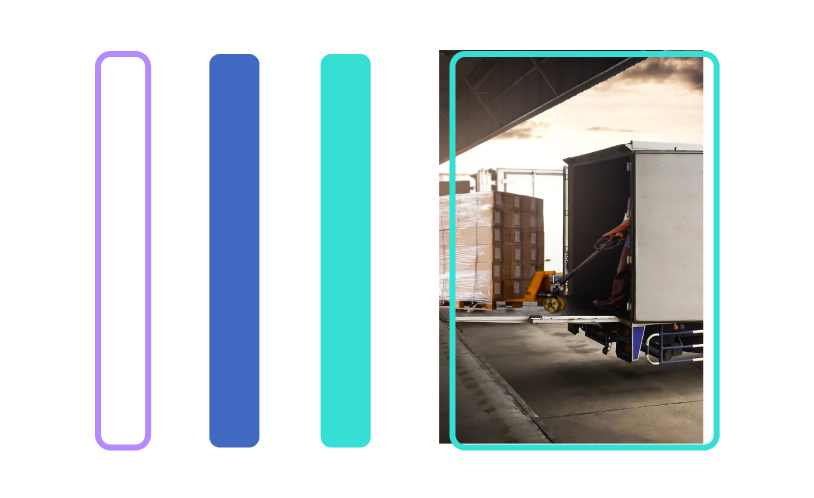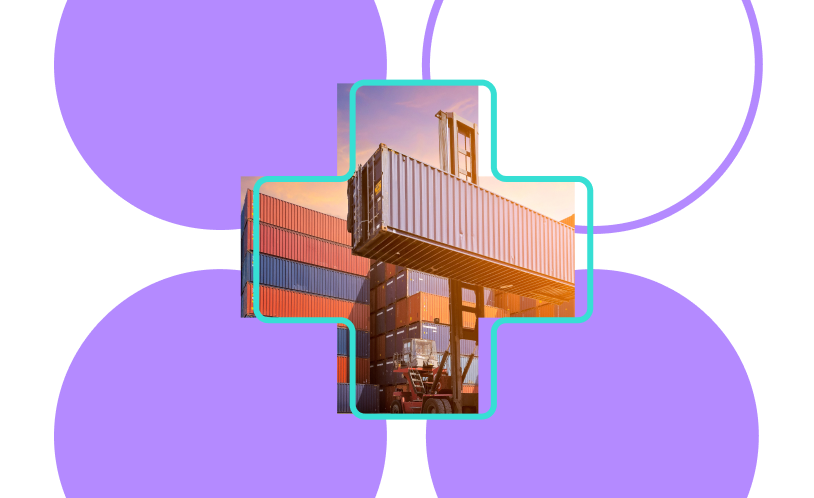You’re shipping a container of action figures from Shenzhen to Detroit. Everyone loves GI Joe’s. Except the ocean, which tosses $156,000 worth of plastic soldiers off the container ship.
Ship happens. But then you learn that standard terms and conditions from freight forwardersand carriers give you a measly $2.00/kg (2.2 lbs) reimbursement.
Freight is fraught with things that can go wrong. What cover do you need to get peace of mind?
1. Cargo Insurance Cover
Get cargo insurance. If you don’t think twice about insuring your business, home, car, etc, then you shouldn’t think twice about insuring international shipment, which can be far more error-prone. In fact, merchants have been taking out marine insurance since the ancient Babylonians first came up with the idea.
Ideally, you should compare several cargo insurance rates from freight forwarders and from specialist cargo insurance companies. That said, freight forwarders’ rates are usually favorable.
What is probably more important than who you choose to go with, though, is what type of cover you choose. Fortunately, you won’t be bombarded by choice. Cargo insurance cover clauses are pretty much standardized. The difference between these options gets technical (would you like war cover with that “A” clause?), but save yourself the bother, and just go for comprehensive cargo insurance.
2. Legal Cargo Insurance Cover
Even comprehensive cargo insurance has limits. Make sure that your sales contract is well-drafted and covers property rights, possible force majeure situations, and breach of contract.
It also means fully understanding the risks and responsibilities the buyer and seller will take on before agreeing to an incoterm. Incoterms determine which universal standardized freight shipment terms and conditions will be added to the sales contract.
Another issue is to be wary when considering DAT (Delivered At Terminal) and any incoterms that start with a “C”. Buyers can unexpectedly find themselves picking up the pieces because of the seller’s forwarder’s negligence.
3. Cardboard Cover
Prevention is better (and cheaper) than the cure. Why not prevent damage to your goods by making sure that they have good packaging?
In particular, fragile shipments should be double-boxed. The two boxes not only add an extra layer of cushion from jostling, but it also reduces the chances of the product moving when jostled. Wrapping the first box with bubble wrap and peanuts will secure it even further. Packaging can make a real difference (even by acting as camouflage, as this bicycle manufacturer found out).
Packaging can also help in cases of loss. Ever lose luggage while flying? It’s rare…but the same thing happens with air freight. The same thing goes for shipments stuffed into a container along with other shipments. Make sure you clearly mark your packages so that they are readily identifiable.
It’s not only damage and loss, but packaging can also help prevent theft. If you are shipping something attractive to thieves, you don’t want any brand identifications plastered on the boxes to attract their attention.
Check out more on freight packaging.
4. Route Cover
Your freight forwarder will take out the cargo insurance and might not send you a copy of the policy unless something goes wrong.
Once the shipment is in transit, check that your forwarder is documenting everything along the way, including date and time stamps. If something does go wrong and you need to file a freight insurance claim, you’ll want answers ASAP. Request copies of all of the pick-up orders and delivery notes along the shipment’s path. They record how many items were handed over, and their condition at every stage, helping your insurance company identify who was at fault (and who should pay). Incidentally, the Bill of Lading number is used as the shared identifier between the shipment and the insurance policy.
The Bottom Line: Freight Insurance Basics
Navigating the complex world of freight and international shipping requires a robust understanding of the potential pitfalls and the necessary safeguards to mitigate risks effectively. While comparing rates from various providers is advisable, opting for comprehensive coverage simplifies decision-making and provides peace of mind.
Legal cargo insurance is highlighted as an essential complement to the primary coverage, emphasizing the need for well-drafted sales contracts that address property rights, force majeure situations, and breach of contract. The significance of choosing appropriate incoterms is also stressed, as they determine the standardized freight shipment terms and conditions added to the sales contract.
Additionally, the importance of staying informed and involved in the shipping process is underscored. Requesting copies of all documentation, including pick-up orders and delivery notes, ensures a thorough record of the shipment’s journey, aiding in expediting the claims process in case of damage or loss. The shared identifier between the shipment and the insurance policy, the Bill of Lading number, is highlighted as a crucial element in this documentation.
In summary, make sure you:
- Arrange comprehensive cargo insurance.
- Verify clauses exist in your sales contract for property rights, etc.
- Understand the responsibilities and liabilities of the incoterm in your sales contract.
- Select packaging that helps prevent damage.
- Get copies of the insurance policy and copies of notes.



